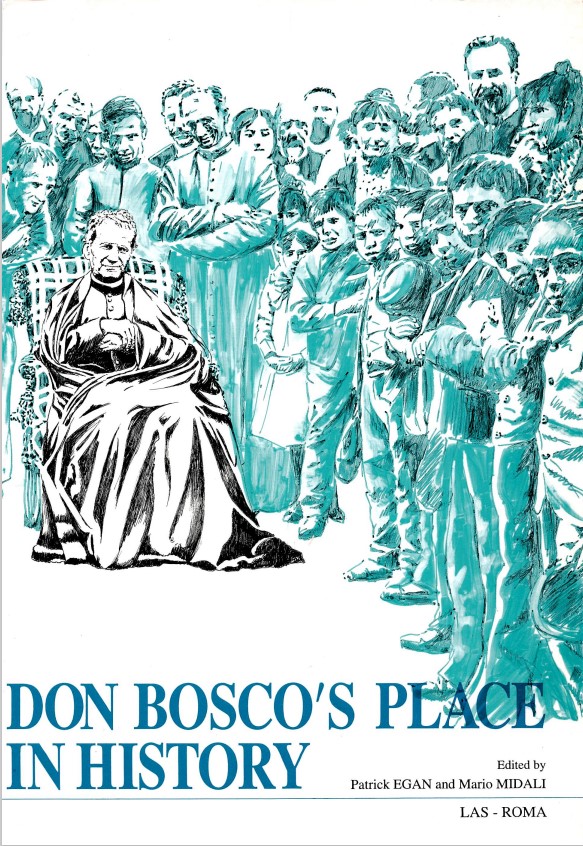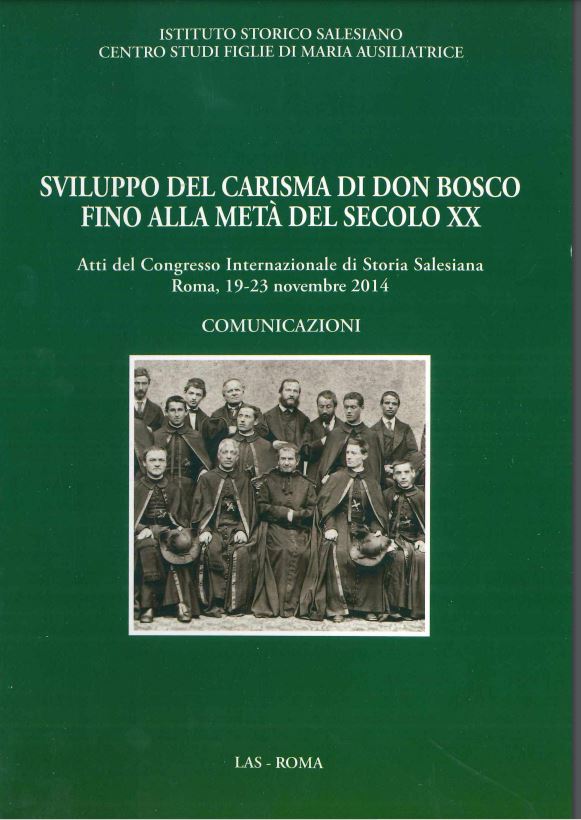Tra i valori essenziali la musica, sebbene oggi presente in ogni settore della società,
di certo non occupa il primo posto nella vita dell’uomo, come la salute, il lavoro, le relazioni interpersonali e sociali. Come un valore culturale, una realtà ideale, la musica nella civilizzazione materialistica frequentemente risulta trascurabile. Essa si percepisce come mezzo di distrazione nel tempo libero e come abbellimento nei giorni di festa. Anche nella Chiesa, tradizionalmente portatrice della cultura — a causa dell’interdipendenza tra la cultura e il culto — la musica sembra fungere come “lo zucchero a velo sulla torta” piuttosto che “lievito del pane”, cioè espressione genuina della fede.
Continue reading “Josip Gregur – La musica “anima” del carisma salesiano in “Sviluppo del carisma di Don Bosco fino alla metà del secolo XX. Atti del Congresso internazionale di Storia Salesiana Roma, 19-23 novembre 2014”” →






